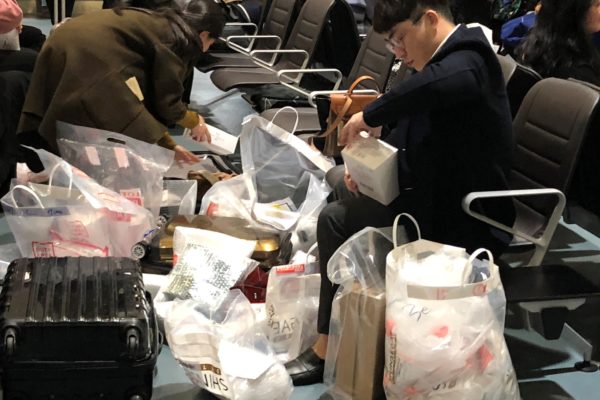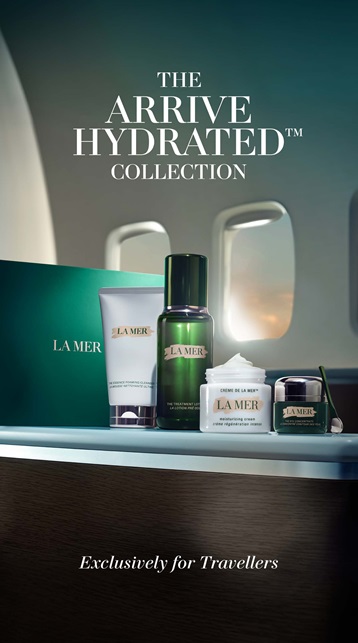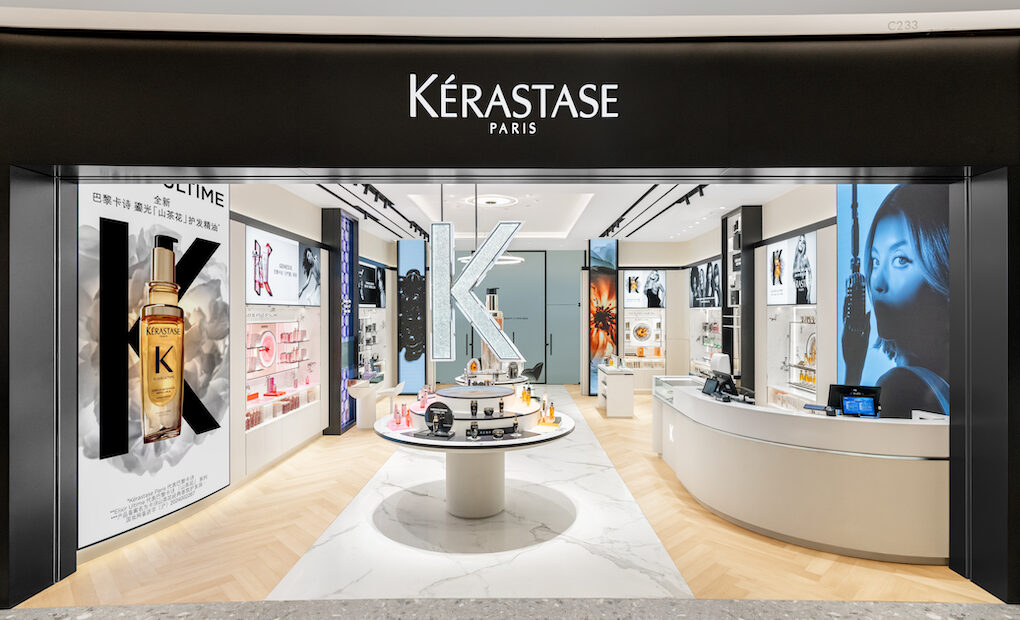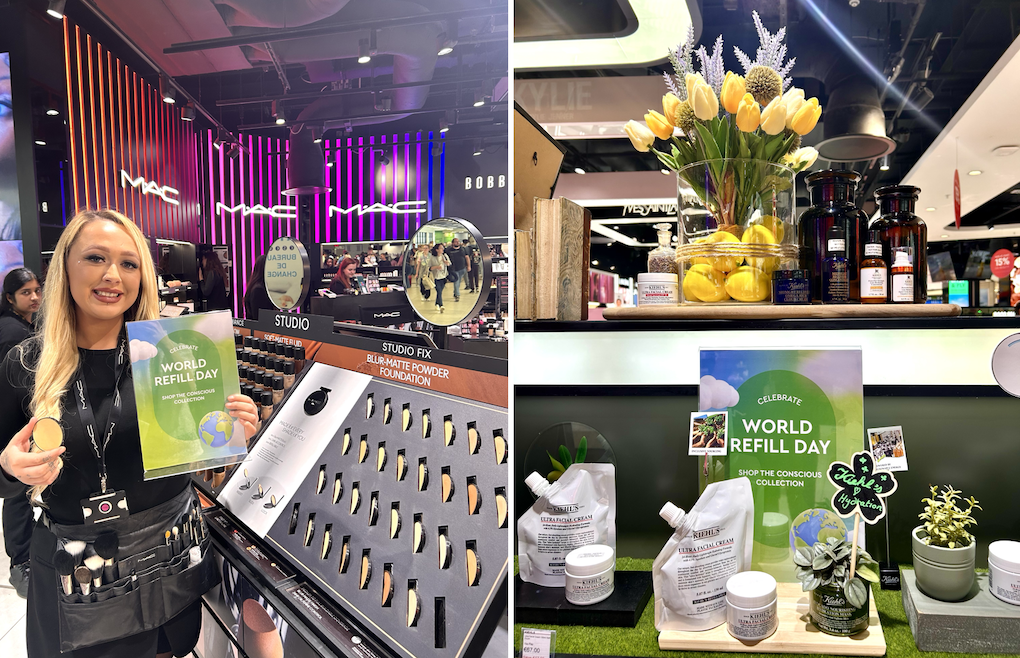SOUTH KOREA. Travel retailers are assessing the potentially major impact of new regulations introduced on 1 February designed to further control daigou trading related to the country’s duty free sector.
The changes, created by Korea Customs Service (KCS), relate both to overseas bulk buyers and individual customers.
Individual customers
From 1 February, individual foreign shoppers cannot buy and take from POS more than 50 pieces of any Korean SKU (i.e. bottles of alcohol, cartons of cigarettes, cosmetics and up to 50 other identical items per brand) or ten Korean bags (per brand) and ten Korean watches (per brand).
Simultaneously, shipping such goods by freight cargo (air and sea) out of Korea for individual B2C customers is now prohibited.
Customers must now hand carry as in the pre-pandemic and pre-THAAD dispute (between China and South Korea) days.
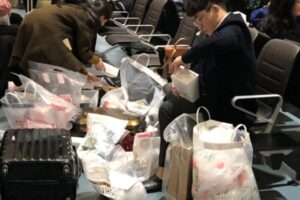
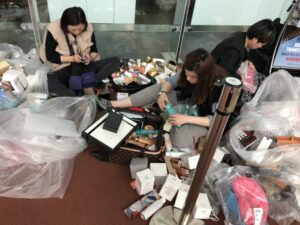
The guidelines apply both to imported and domestic products.
“Many Korean duty free stakeholders did not expect the prohibition of freight cargo shipments, something which has enabled the bulky daigou trade to flourish so far,” an experienced Korean duty free retailer told The Moodie Davitt Report.
Incheon International Airport retailers, including The Shilla Duty Free and Shinsegae Duty Free, are effectively paying on a ‘rent per head’ basis for their new concessions – except for some stores under temporary operation – so will be seeking to maximise the wholesale daigou element at the airport, the source noted. “But due to this prohibition, their volume strategies will be hurt,” he added.
Overseas bulk buyers (wholesalers)
Delivery by air or sea freight is now possible only for carry-over products and in-stock products.
Stock that can be sold to wholesalers:
- Cosmetics products that have been in the bonded store for more than two months.
- Other products (including alcohol and cigarettes) that have been in the bonded store for more than three months.
- For small and medium-sized duty free stores, application of inventory standards is postponed until further notice.
Background to the changes
Before the bitter THAAD row in 2017 between South Korea and China and the subsequent COVID-19 crisis, KCS had regulated wholesale activity out of the duty free channel to prevent illegal and excessive levels of trading.
Before 2017 all the daigongs (surrogate purchasers) operated with a hand-carry business. From 2017, due to the political crisis and the resultant slump in Chinese tourism, KCS allowed freight cargo for downtown and airport duty free purchases. And after the COVID outbreak KCS lifted the 50 SKU quantity restriction.
The pandemic, which began in early 2020, devastated the inbound and outbound tourism sector, prompting KCS to remove such constraints. From then until 1 February this year, wholesale traders (travellers) could buy domestic and imported products without any quantity limitations.
“However, from 1 February, they have to abide by the quantity quota and the age limit on stocks,” the senior retailer source told The Moodie Davitt Report. “The only way to ship by cargo is to trade on B2B, which is transacted between the retailer and overseas companies via an official export procedure.”
Explaining the rationale behind the changes, he added: “Until now, without the quantity limit, domestic purchases have been leaked to the local market without being carried out overseas. This has caused a lot of problems in terms of market disruption and illegal deviation.
“Therefore, despite the retailers’ hardship, KCS had no choice but to reinstall the regulation. So a very harsh time for travel retailers is expected. Already, too many retailers are competing within this contracted market and experiencing low profitability.”
The challenges are exacerbated by the slow recovery of airport duty free sales, which are not bouncing back in line with traffic increases. This is being driven by the lack of Chinese travellers and soft spending related to a sluggish Korean economy.
In December, The Bank of Korea revised down its forecast for economic growth in 2024 for the third time as weak consumer spending stoked greater uncertainty.
Another problem for Korean travel retailers is that shopping patterns by many foreign visitors are changing. “Many foreigners, including Chinese, prefer shopping at discount outlets, health stores like Olive Young or road shops [road-based shops selling categories such as cosmetics at a cheaper price than department stores –Ed] to duty free since the price gaps are diminishing and the demand for luxury is much contracted,” another Korean duty free insider noted. ✈




